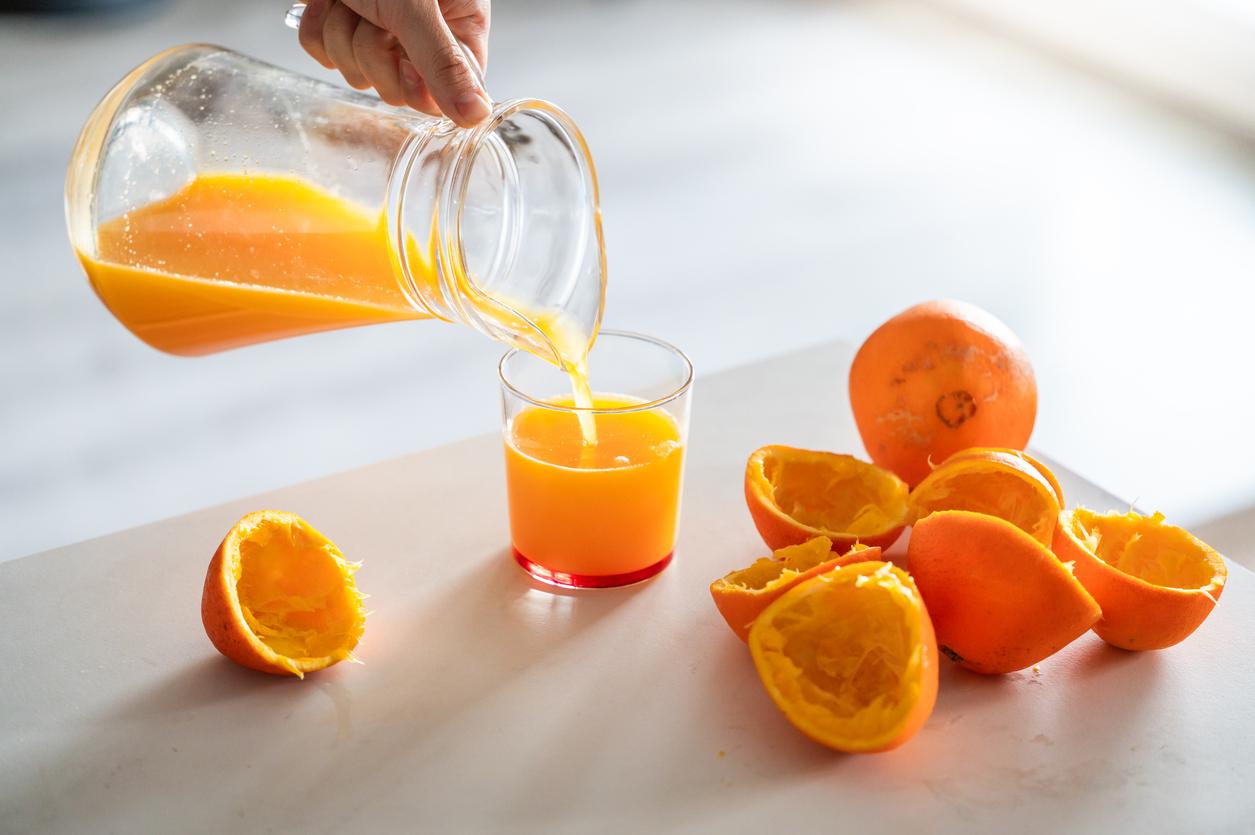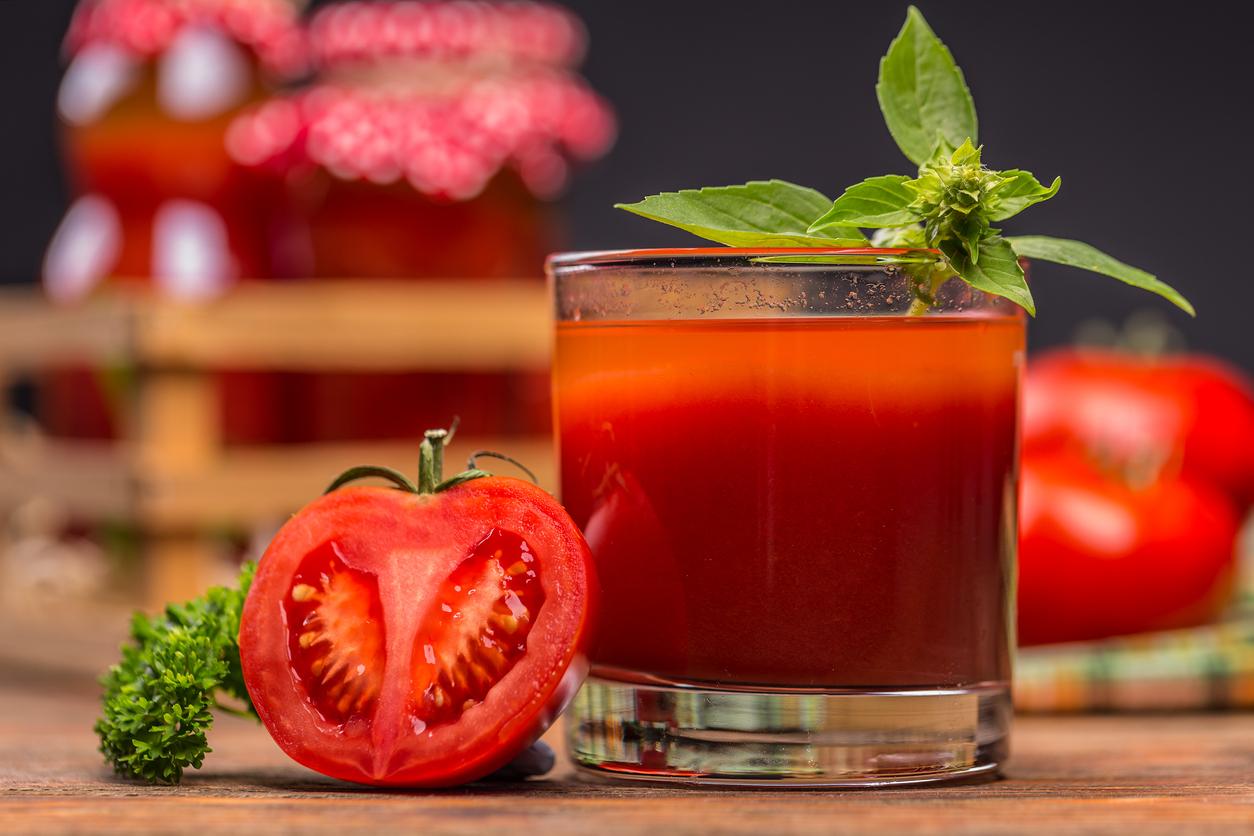March 9, 2005 – Regular consumption of pomegranate juice may help prevent atherosclerosis and high blood pressure, two important risk factors for cardiovascular disorders.
In an open clinical trial1 conducted by Israeli researchers, 10 of 19 subjects with atherosclerosis and with severe carotid artery narrowing (or stenosis), took 250 ml of pomegranate juice per day, for a year.
The results indicate that regular consumption of pomegranate juice significantly improved blood flow in the treated subjects, while the stenosis worsened in those in the control group. In addition, a significant drop in blood pressure was observed in those who consumed pomegranate juice. For three years, treatment was continued in five subjects, and it was found that the positive effects of pomegranate juice persisted in the long term.
Note that atherosclerosis and the high blood pressure it can cause are risk factors that can lead to myocardial infarction or stroke, the two most common and devastating cardiovascular disorders.
The effects of pomegranate juice are attributed to its content of tannins and polyphenols, antioxidant substances related to those found in red wine. These substances work by preventing the oxidation of beta-lipoproteins (LDL or “bad cholesterol”) in the body. However, the researchers who carried out this study had already shown that this antioxidant effect made it possible to increase the activity of paraoxonase (PON 1), which has the function of preventing the formation of atherosclerotic plaque.2.
Although the results of the work of these researchers are promising, experts believe that the effects of pomegranate juice on the prevention of cardiovascular disorders will need to be confirmed by double-blind, placebo-controlled clinical trials involving a larger number of subjects.
Pierre Lefrançois – PasseportSanté.net
According to HerbalGram.
1. Aviram M, Rosenblat M, Gaitini D, Nitecki S, Hoffman A, Dornfeld L, Volkova N, Presser D, Attias J, Liker H, Hayek T. Pomegranate juice consumption for 3 years by patients with carotid artery stenosis reduces common carotid intima-media thickness, blood pressure and LDL oxidation.Clinical Nutrition, June 2004, Vol. 23, No. 3, 423-33.
2. Aviram M, Rosenblat M, Billecke S, Erogul J, Sorenson R, Bisgaier CL, Newton RS, La Du B. Human serum paraoxonase (PON 1) is inactivated by oxidized low density lipoprotein and preserved by antioxidants.Free Rad Biol Med, April 1999. Vol. 26, No. 7-8, 892-904.
















